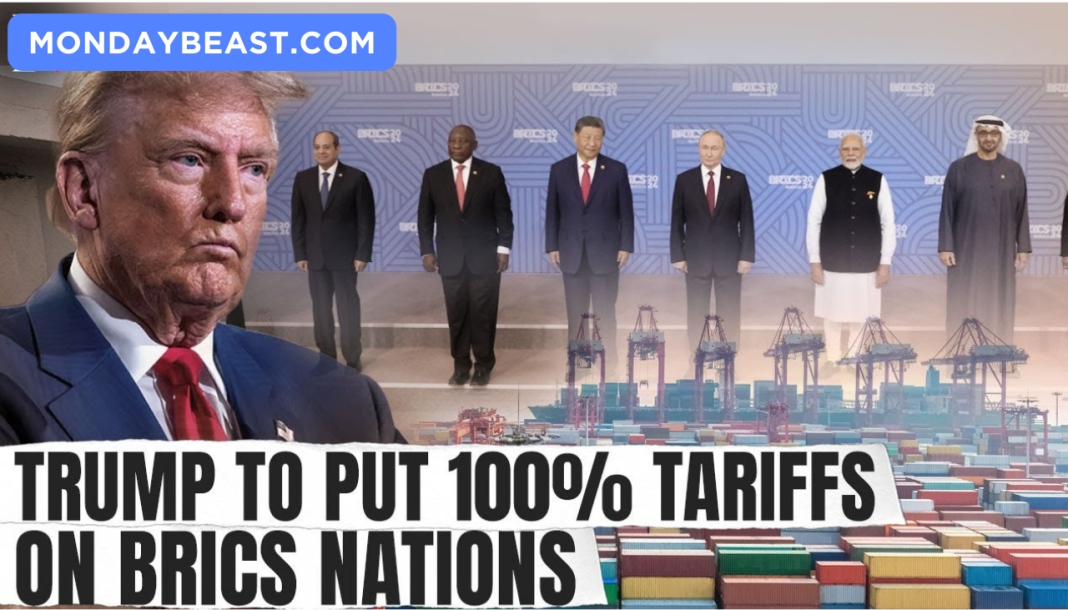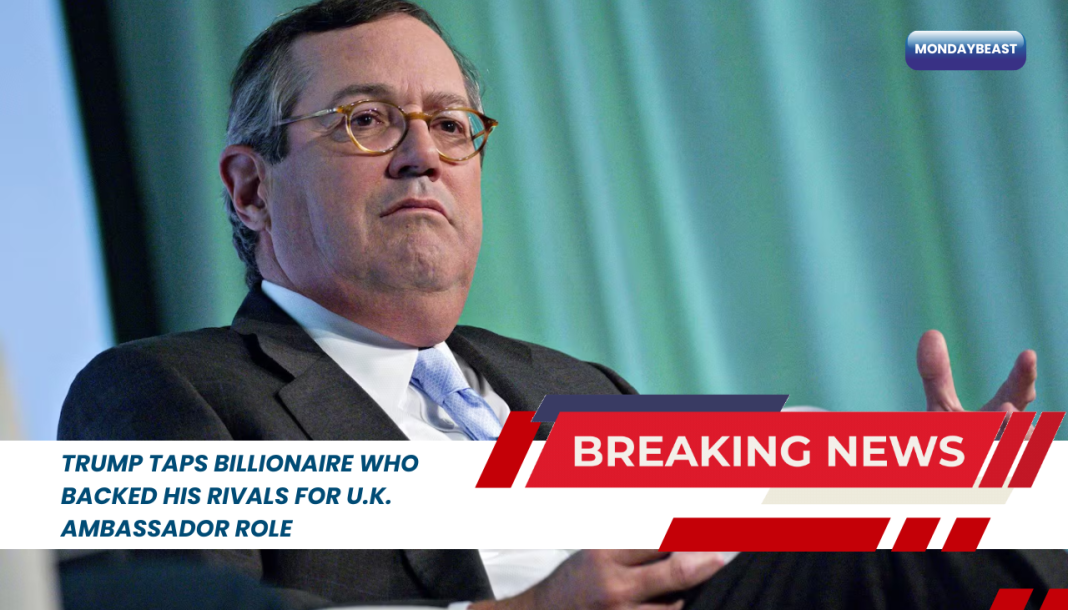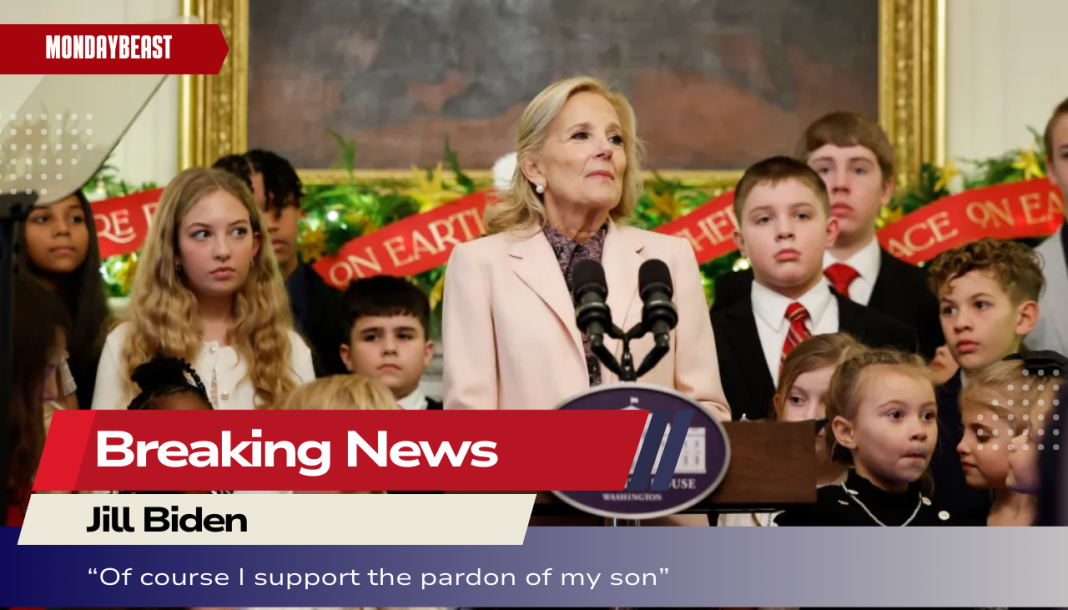In a surprising twist, President-elect Donald Trump has thrown a gauntlet at the BRICS nations, threatening to impose a hefty 100% tariff. The implications of this threat go beyond mere economics, striking at the very heart of international relations. As BRICS—comprising Brazil, Russia, India, China, and South Africa—explores alternatives to the US dollar, can such a looming tariff shift the dynamics in global trade?
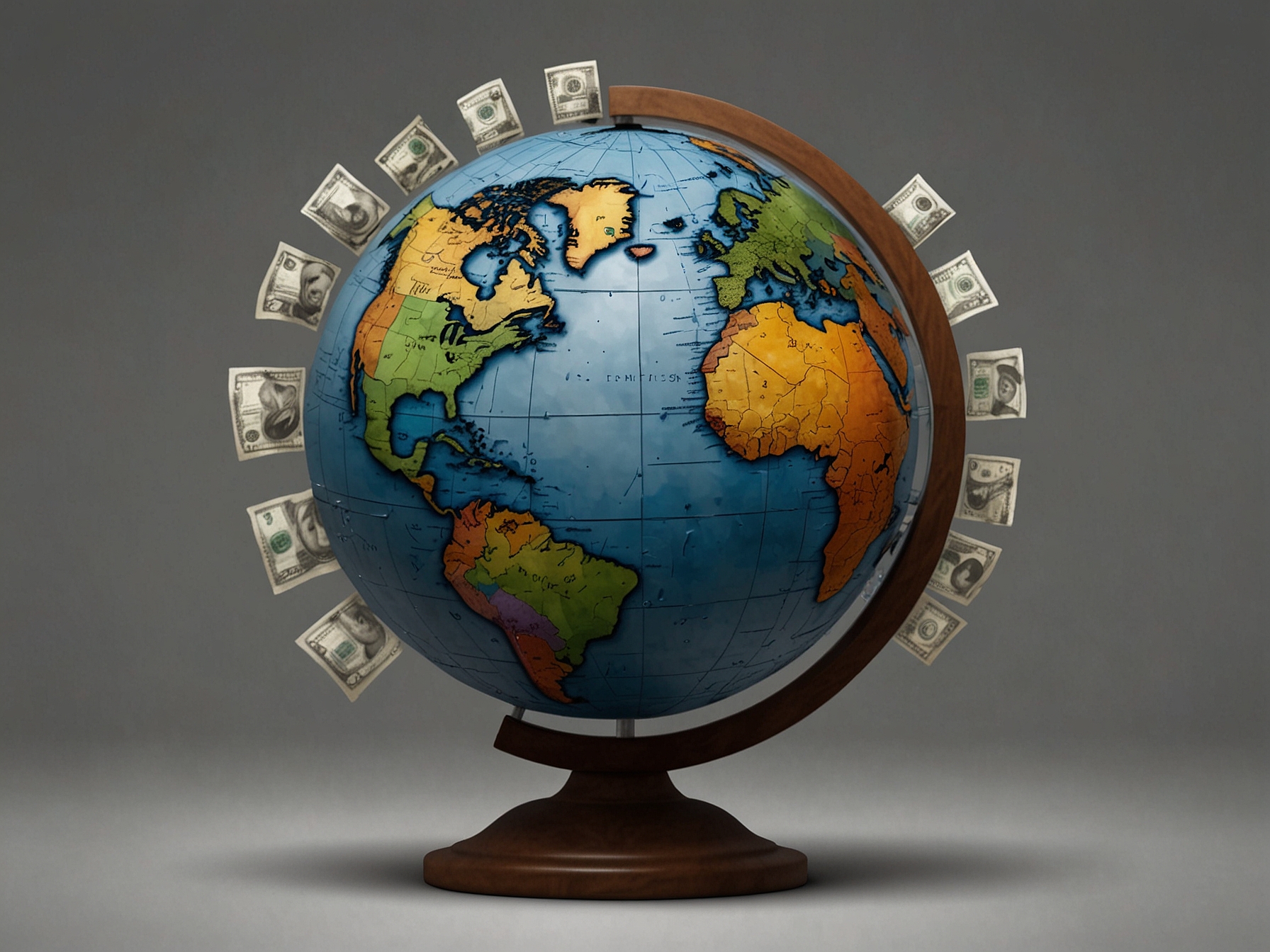
South Africa’s Department of International Relations has dismissed rumors that BRICS is on the verge of launching a new currency. The spokesperson, Chrispin Phiri, emphasized that confrontation with the US is not on the agenda. Instead, BRICS nations are calling for reforms in the international financial system. Who benefits from such reforms? Is it a roadmap to autonomy, or merely a desperate cry for help?
At the recent BRICS Summit in Kazan, Russia, discussion of alternative currencies was notably absent. This is intriguing, given Vladimir Putin’s previous assertion that the US uses the dollar as a weapon. The complexity of this situation begs the question: are these nations genuinely united, or are they merely playing a game of political chess?

Putin also hinted at an independent payment system during the summit, aiming to reduce reliance on the USD. This raises eyebrows. What does this mean for global financial stability? For countries like Russia, this shift seems essential due to ongoing sanctions. The question remains: will weaker economies have the luxury to join such initiatives?
Interestingly, Trump’s warning might stem from the escalating conversations among BRICS leaders about bolstering trade in local currencies. His recent post on Truth Social expressed vehement opposition to any moves that threaten the dollar’s stronghold. Will this resistance deter BRICS from pursuing their goals? Or will it only fuel their ambition?
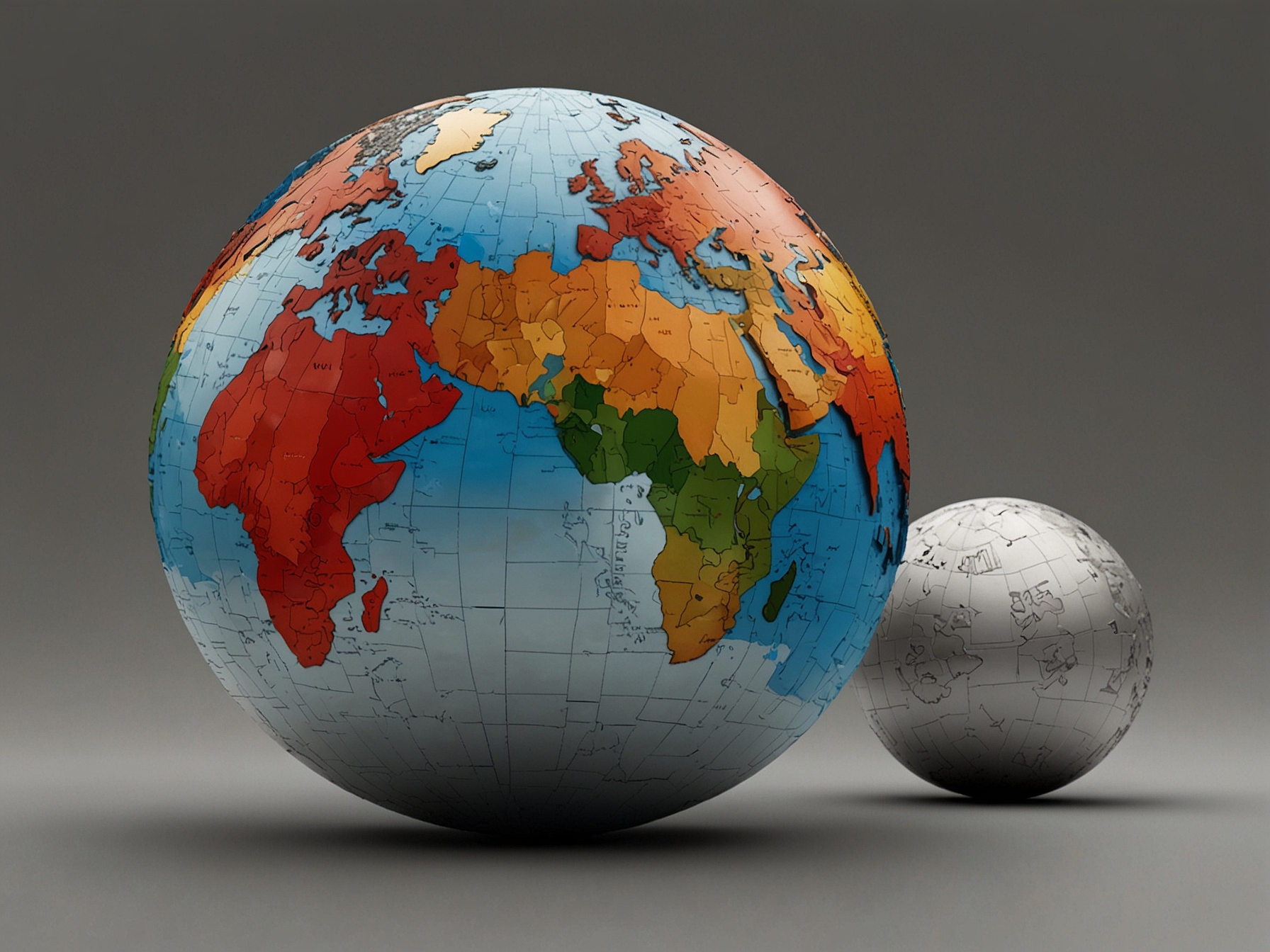
Kremlin spokesperson Dmitry Peskov responded to Trump’s threats, suggesting that more countries are pivoting towards national currencies. The global landscape is shifting, potentially eroding the allure of the US dollar. How significant is this trend? Could these nations be taking a bold step towards economic independence?
It’s essential to consider the broader implications here. If BRICS nations successfully navigate this economic labyrinth, what does it mean for ordinary Americans? Will we feel the tremors of this geopolitical shift in our day-to-day lives? The stakes are high, and the outcome is uncertain.
As the world watches, the BRICS nations stand at a crossroads. With Trump’s remarks reverberating through political corridors, the call for a united front may face new challenges. Will nations stick together, or will fear of American economic power cause divisions? The unfolding drama continues to captivate and concern us all.
In essence, Trump’s warning not only reflects American apprehensions about losing economic dominance but also showcases the increasing complexity of global financial interactions. This issue won’t simply fade away. It’s a dance of power, economics, and perhaps, a quest for sovereignty amidst turmoil.

